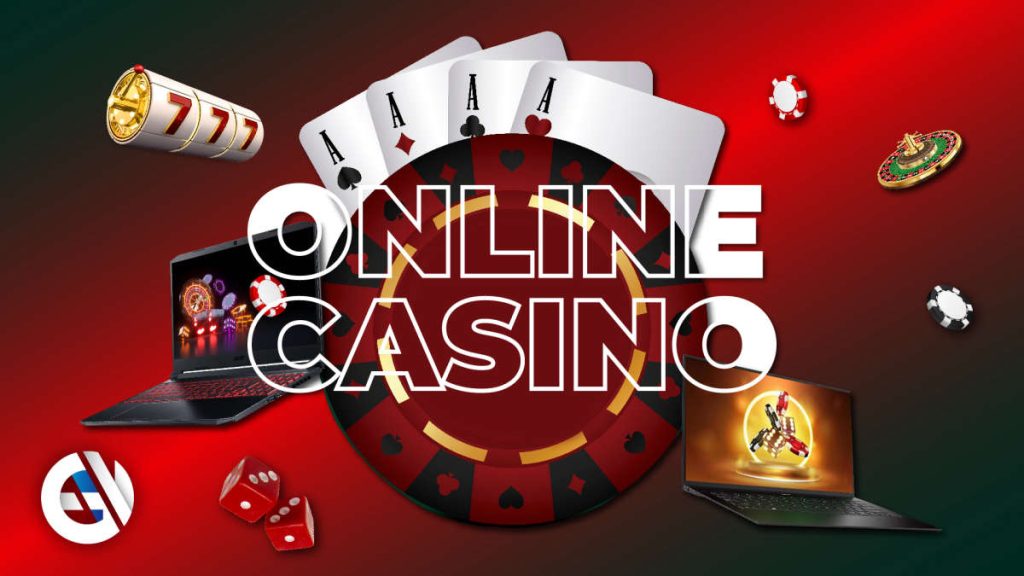
A World Full of Games: Unlocking New Realms of Entertainment
In today’s digital age, games are more than just a form of entertainment; they represent a global culture that brings people together. As we delve into the multifaceted world of games, it’s essential to acknowledge how they intertwine with social interaction, competition, and creative expression. Whether you prefer video games, board games, or even card games, each offers unique experiences and the potential for thrilling adventures. In this context, it’s worth exploring where to find engaging gaming experiences, such as when you A World Full of Games, Prizes, and Pure Excitement join betinexchange.
The Evolution of Gaming
The gaming industry has undergone a remarkable transformation over the past few decades. From the pixelated graphics of early arcade games to the immersive virtual realities of today, technology has played a crucial role. The introduction of home consoles like the Atari and Nintendo revolutionized gaming, allowing players to enjoy games in the comfort of their homes. Over time, the evolution of graphics, storytelling, and gameplay mechanics has made gaming more engaging.
Today, gaming encompasses a multitude of genres including action, role-playing, simulation, strategy, and sports, catering to various interests and preferences. The rise of mobile gaming has further expanded the audience, allowing anyone with a smartphone to dive into captivating worlds. This technological advancement has made games not only more accessible but also increasingly sophisticated in their design and narrative structure.
The Social Aspect of Gaming

One of the most compelling aspects of gaming is its ability to foster social connections. Multiplayer games invite collaboration and competition, creating a unique environment for players to interact with others from around the world. This aspect has become even more pronounced with the advent of online gaming, where players can join forces or compete against one another no matter their geographical location.
Games like “Fortnite,” “Call of Duty,” and “Minecraft” have gained massive followings by emphasizing teamwork and social interaction. Players often form communities and forge friendships through these shared experiences, transcending age, background, and culture. Online forums, social media groups, and streaming platforms like Twitch further amplify this sense of community, allowing gamers to connect over strategies, tips, or just shared enjoyment of their favorite titles.
The Educational Impact of Games
Beyond entertainment, gaming holds significant educational value. Serious games and simulations are used in various fields such as medicine, military training, and rehabilitation. These games offer immersive experiences that can enhance learning and skill acquisition in a safe environment.
In the classroom, teachers are increasingly integrating games into their lesson plans to make learning more engaging. Educational games can improve motivation and retention among students, allowing them to explore complex subjects in a fun, dynamic way. For instance, games like “Kerbal Space Program” teach physics and space exploration principles, while “Civilization” can provide insights into history and geography.
The Therapeutic Use of Gaming
Gamification has also made its way into therapy and mental health treatment. Video games designed for therapeutic purposes can be effective tools for managing stress, anxiety, and depression. They provide a distraction and an avenue for self-expression. Additionally, games that require problem-solving can enhance cognitive abilities and improve mood.

Virtual reality games, for instance, are being used to treat phobias and PTSD by gradually exposing patients to their fears in a controlled environment. Game developers are now collaborating with mental health professionals to create experiences that can effectively aid in therapy and rehabilitation.
The Future of Gaming
As we look to the future, the gaming industry continues to evolve at a rapid pace. Advances in technology such as artificial intelligence, augmented reality, and virtual reality are shaping the way games are developed and consumed. Cloud gaming services have begun to disrupt traditional gaming models, allowing players to access high-quality games on various devices without the need for expensive hardware.
Furthermore, the rise of esports has transformed gaming into a spectator sport, drawing millions of viewers and providing lucrative opportunities for professional gamers. Tournaments and events celebrate this competitive spirit, bridging the gap between creators and players while highlighting the strategic depth of games.
Conclusion
A world full of games is not merely a fantasy; it’s a reality that enriches our lives in myriad ways. Whether through socializing, learning, or therapeutic benefits, gaming has cemented its place in contemporary culture. As we embrace this expanding universe of entertainment, let us celebrate the power of games to connect, educate, and inspire. With the right platform and community, every gamer can unlock new realms of possibility and adventure.